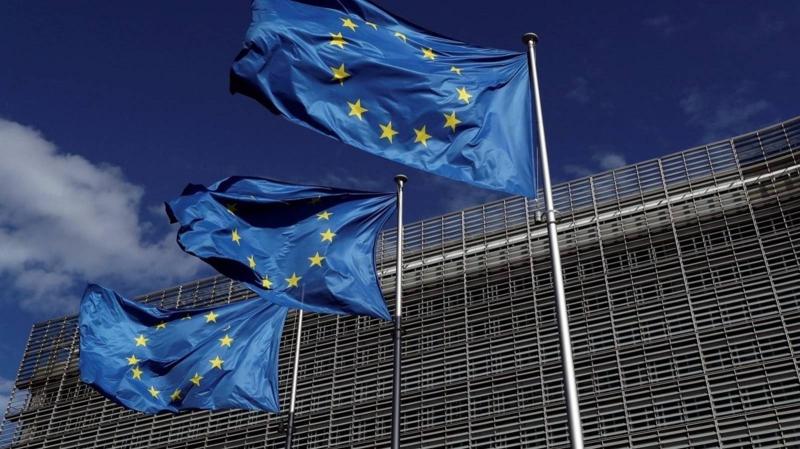On Wednesday, the European Commission reprimanded France for violating European Union budget rules under President Emmanuel Macron, during the period leading up to the early elections marked by promises of generous spending. The European Commission announced the initiation of what is called "excessive deficit procedure" against seven member states in the Eurozone, which is the first step in a lengthy process before any member state is compelled to take corrective measures.
European Commission Vice President Valdis Dombrovskis stated during a press conference in Brussels, "The deficit criteria have not been met in seven of our member states," referring to "Belgium, France, Italy, Hungary, Malta, Slovakia, and Poland." This news will be a blow to Macron, as it marks the first time France has returned to the EU’s public spending scrutiny since he took office in 2017.
The EU has set targets for member states to maintain their annual deficit at no more than 3% of GDP and their total debt at no more than 60% of GDP. The European Commission believes these targets have been ignored by countries such as Germany and France, the two largest economies in the bloc, especially during the COVID-19 pandemic.
The "excessive deficit procedure" means initiating a process that forces the debt-laden state to negotiate a plan with Brussels to get back on track. The seven countries have been experiencing a deficit— the shortfall between government revenues and spending— of more than 3% of GDP, in violation of the bloc's financial rules. This marks the first time Brussels has reprimanded these countries since the EU suspended the rules after the COVID-19 pandemic in 2020 and the energy crisis triggered by the war in Ukraine, where states supported businesses and households with public funds.




